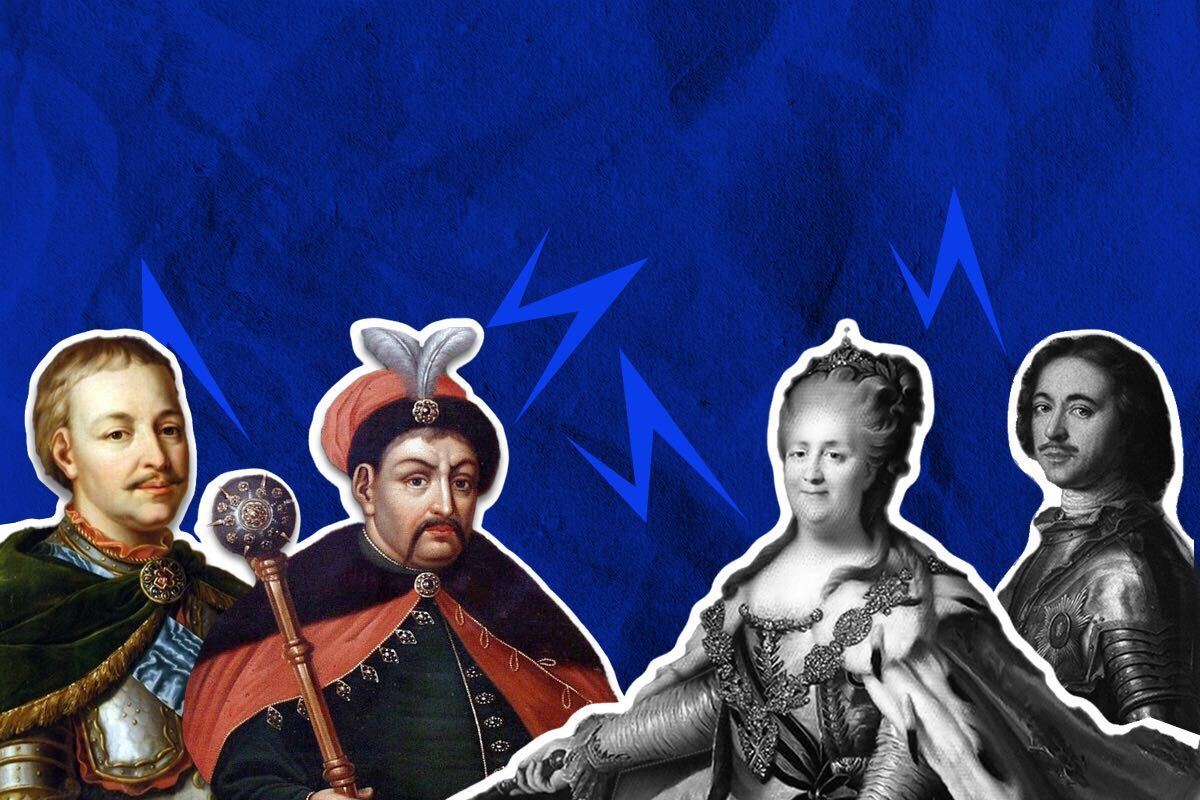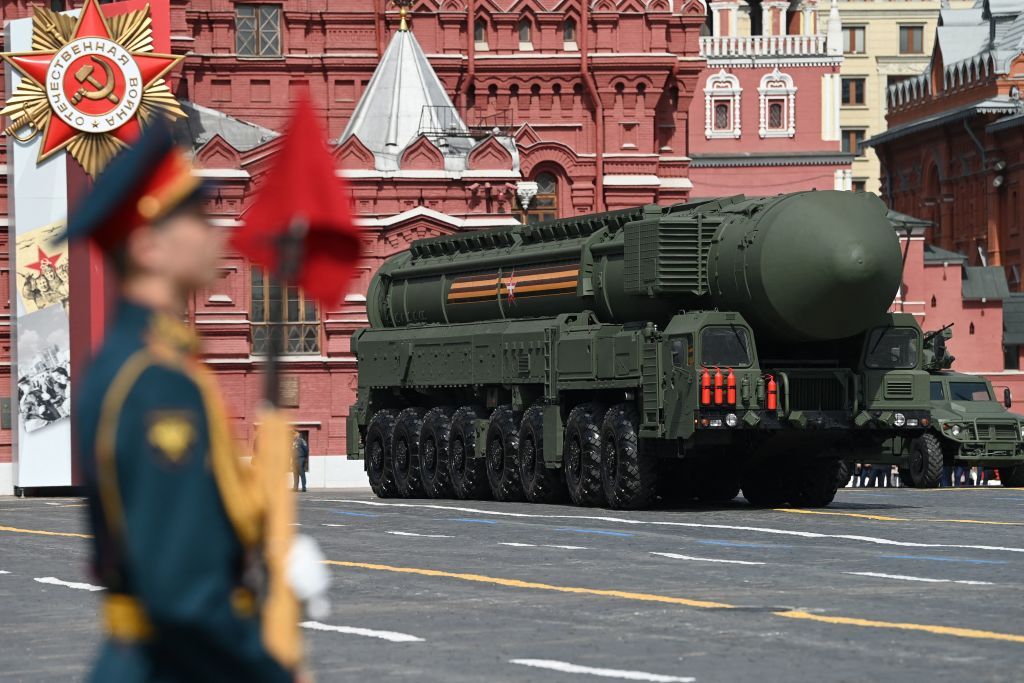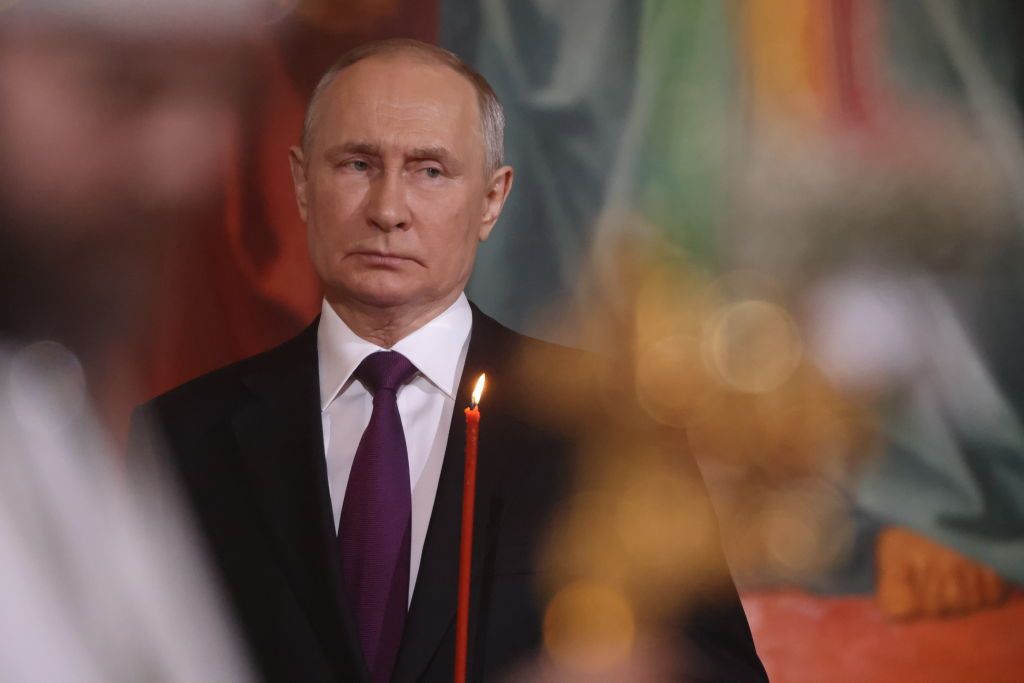Editor’s Note: Copyright, Project Syndicate. The following article was published by Project Syndicate on April 21, 2023, and has been republished by the Kyiv Independent with permission. The opinions expressed in our op-ed section are those of the authors and do not purport to reflect the views of the Kyiv Independent.
STOCKHOLM – Florida’s Republican governor, Ron DeSantis – a prospective U.S. presidential candidate – recently created a stir by describing Russia’s war of aggression against Ukraine as a mere “territorial dispute” that does not bear on America’s core strategic interests. Following immediate, heavy criticism and a drop in his approval numbers, DeSantis sought to roll back his remarks. But the argument remains in circulation, and DeSantis is hardly the only one peddling it.
History can help us sort out whether there is any merit to DeSantis’s description of the conflict. Did Adolf Hitler have a “territorial dispute” with Poland when he launched his blitzkrieg against his neighbor in September 1939? Hitler himself sometimes framed matters in these terms, such as when he spoke of his duty to protect German speakers in Poland. But such rhetoric was always just a smokescreen to divert attention from the real objective. Hitler wanted to eliminate the independent Poland that had re-emerged after World War I, thereby paving the way for Germany’s eastward expansion.
One should always be careful with historical parallels, of course; but the similarities between Hitler in 1939 and Russian President Vladimir Putin today are obvious. Where Hitler expressed concern for German speakers in Danzig, Putin does the same for Russian speakers in Donbas. In both cases, no one is fooled. Putin has stated explicitly that he sees Ukraine as comprising “historically Russian lands,” and that Vladimir Lenin made a profound political mistake by allowing a Ukrainian state to emerge after World War I. (He might also have condemned Joseph Stalin, who allowed Soviet Ukraine to be a founding member of the United Nations after World War II.)

Putin wants all this history rolled back. His goal is to eliminate Ukraine as a nation-state by transforming it into a mere administrative region within a wider Russian empire. The Russian czars of the eighteenth and nineteenth centuries are his models, and their wars of conquest are his inspiration.
Any doubts about the Kremlin’s intentions have been put to rest by Putin’s cronies and political allies. Consider Dmitry Medvedev. A former Russian president who now serves as deputy chairman of the National Security Council, he has declared that a sovereign Ukraine “is not needed by anyone on the planet,” and therefore will cease to exist once Russia is done with it.
Echoing Putin, Medvedev argues that Ukraine is made up of “artificially cut territories, many of which are indigenously Russian, separated by accident in the twentieth century.” His conclusion is stark: “We don’t need unterukraine. We need Big Great Russia.” Such unhinged rhetoric would not be tolerated if it did not reflect the position of Putin and the rest of his inner circle on the matter.
Medvedev’s “Big Great Russia” did exist at one point. Others at the time called it by a different name: “the prison of nations.” Following the collapse of the Russian Empire in 1917, Finland, Poland, Estonia, Latvia, and Lithuania seized the opportunity to secure their independence. And though Ukrainians aspired to do the same, they were crushed by the ensuing Bolshevik violence.
To treat the Kremlin’s clearly articulated project of recreating Big Great Russia as a “territorial dispute” is a misjudgment of historic proportions. Russia has violated another UN member state’s territorial integrity in an effort to wipe it off the map. To allow the Kremlin to benefit from this grave offense against international peace could undermine the entire global order. The core principles upon which the UN rests are being directly challenged, and in a way that will open the door for other states with imperial ambitions or festering grievances to swallow their smaller and weaker neighbors. We risk descending into a world ruled by the law of the jungle, where might makes right.
DeSantis and any other politician who doubts that the West has an interest in Ukraine’s future should reflect on what is really at stake. They would do well to read Medvedev and other Russian leaders’ own statements on the matter, lest they fall into the same trap as the appeasers of the late 1930s.
This is no territorial dispute. This is a war for the world order as we know it.















